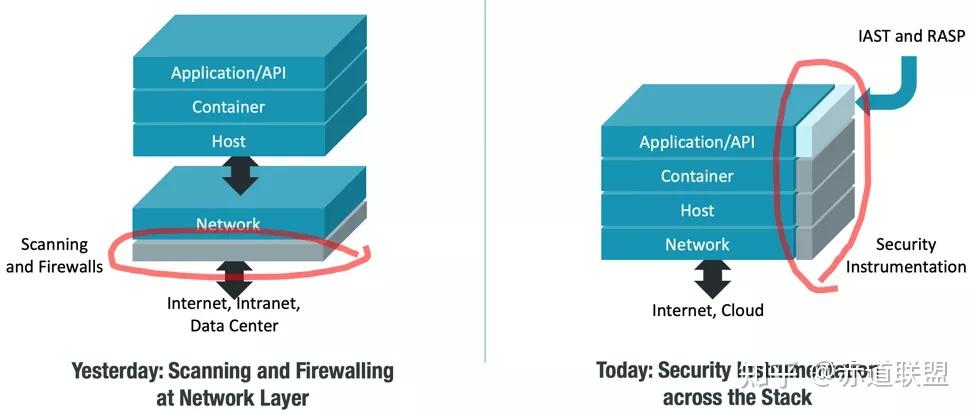|
In recent years, drones have emerged as one of the most groundbreaking technologies, revolutionizing various industries and transforming the way we perceive and interact with the world. These unmanned aerial vehicles (UAVs) have opened up new possibilities across different sectors, from photography and filmmaking to agriculture, infrastructure inspection, and even package delivery. One of the notable aspects of drones is their versatility. Equipped with advanced sensors, cameras, and GPS technology, drones are capable of capturing stunning aerial footage with unparalleled precision. In the field of photography and filmmaking, drones have enabled professionals and enthusiasts alike to capture breathtaking shots that were once only possible with expensive helicopter rentals. This accessibility has democratized the art of aerial photography and has given rise to a new wave of creativity. Moreover, drones have proven to be immensely valuable in various industries beyond entertainment. In agriculture, for instance, these unmanned vehicles have paved the way for precision farming. Equipped with multispectral cameras and thermal imaging sensors, drones can gather data on crop health, detect plant diseases, and optimize irrigation patterns. This helps farmers make informed decisions, leading to increased crop yields and reduced resource consumption. Infrastructure inspection is another area where drones have made significant strides. Traditional methods of inspecting bridges, power lines, and other critical structures involve cumbersome manual processes and pose potential risks to human inspectors. Drones equipped with high-resolution cameras and LiDAR technology can conduct inspections quickly and accurately, eliminating the need for risky human interventions. This not only saves time and resources but also enhances safety and efficiency in maintaining vital infrastructures. Beyond these applications, drones have shown immense potential in logistics and transportation. Companies like Amazon and UPS are actively exploring the use of drones for last-mile deliveries. By bypassing traditional ground transportation, drones can significantly reduce delivery times, especially in remote areas or during emergencies. While regulatory challenges and safety concerns still need to be addressed, the prospect of drone-based delivery systems holds great promise for enhancing the efficiency of supply chains. As drones continue to evolve, advancements in artificial intelligence and automation are playing a crucial role. Machine learning algorithms enable drones to navigate autonomously, avoid obstacles, and perform complex tasks with minimal human intervention. This integration of AI and drones opens up new avenues for applications in areas such as search and rescue operations, environmental monitoring, and disaster management. However, with the rapid proliferation of drones, it is essential to address privacy and security concerns. Striking the right balance between innovation and responsible use is crucial to ensure the public's safety and protect individual privacy. Governments and regulatory bodies are working on establishing frameworks and guidelines to govern the operation of drones and prevent potential misuse. In conclusion, drones have ushered in a new era of technological advancement, transforming multiple industries and pushing the boundaries of what was once deemed possible. With their versatility, precision, and increasing autonomy, drones hold immense potential for shaping the future across various sectors. As we navigate this exciting frontier, it is paramount to embrace drones responsibly, harnessing their power for positive change while addressing ethical and regulatory challenges along the way.  |
